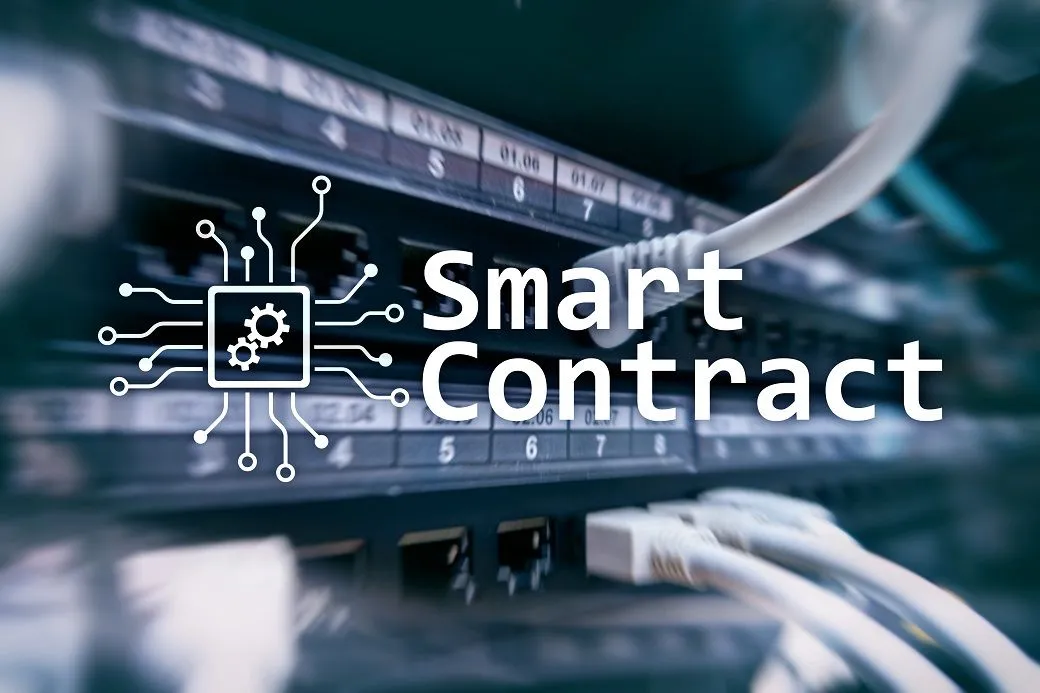
Some years ago, I wrote a paper for SUERF. What’s SUERF? SUERF stands for Société Universitaire Européenne de Recherches Financières, which is French for the European University of Financial Research. It is a non-profit, non-partisan organisation that aims to promote discussion and understanding of financial and monetary issues.
All well and good.
The reason for mentioning them is that they’ve just produced a new paper – SUERF Policy Brief, No 1064 (they are a university) – focused upon clarifying the loose way we talk about things in finance these days.
Funnily enough, I could apply this paper to almost all things in finance – it’s hard to compare apples with apples when someone has dressed up a pear as an apple – but the paper does make some specific clarifications that are useful.
For example, we easily bandy around the term smart contract, but have you ever wondered what it is? Well, it’s a contract recorded on a blockchain, on-chain or DLT (distributed ledger technology) that is immutable and managed by code, which is what makes it smart.
NO!
It’s not a contract and it’s not smart. As SUERF point out:
Smart contracts are not “smart”, as they are merely computer codes that execute tasks upon the fulfilment of preconditions, in which the preconditions pertaining to the terms of the contract may be inputted by humans; the smart contract cannot “think for itself” so to speak. The inclusion of the term “contract” in smart contract is also misleading, since smart contracts are not contracts in the legal sense.
They go on to point out that we’re all hot for tokenisation, but that this is just a record of an asset on a ledger and is not specific to blockchain or DLT. Tokenisation is therefore “used to over-emphasise the idiosyncratic nature and novelty of DeFi platforms”. In translation, if I have a start-up that talks about tokenising assets through smart contract systems which sounds way more sexy than saying I just wrote some code which records you own something on our ledger (which is just an Oracle database btw).
But then, just to add more mud to the water, the paper expands on this theme when talking about digital assets. They do this by talking about a bond you may own and this bond can take various forms: “a bond held in paper format” (or bearer bond), “a bond held with a bank” (a registered bond) or “a bond represented in a blockchain” (a tokenised bond, if we want to use the term “tokenisation”).
Confused?
Well that’s the whole idea. You think you are investing in crypto-assets tokenised on a blockchain using DLT smart contracts when what you actually investing in is a digital record on a ledger using code.
Does this matter?
Well, it only matters if you actually want to know whether your AI smart contract tokenisation is actually as hot and sexy as marketeers make it sound.
[H/T to Dave Birch for spotting this paper which also goes on to discuss CBDCs and Stablecoins]
Postscript: just in case you are wondering, IBM define smart contracts as code that is “typically used to automate the execution of an agreement so that all participants can be immediately certain of the outcome, without any intermediary's involvement or time loss. They can also automate a workflow, triggering the next action when predetermined conditions are met.” Does this help?
Chris M Skinner
Chris Skinner is best known as an independent commentator on the financial markets through his blog, TheFinanser.com, as author of the bestselling book Digital Bank, and Chair of the European networking forum the Financial Services Club. He has been voted one of the most influential people in banking by The Financial Brand (as well as one of the best blogs), a FinTech Titan (Next Bank), one of the Fintech Leaders you need to follow (City AM, Deluxe and Jax Finance), as well as one of the Top 40 most influential people in financial technology by the Wall Street Journal's Financial News. To learn more click here...

